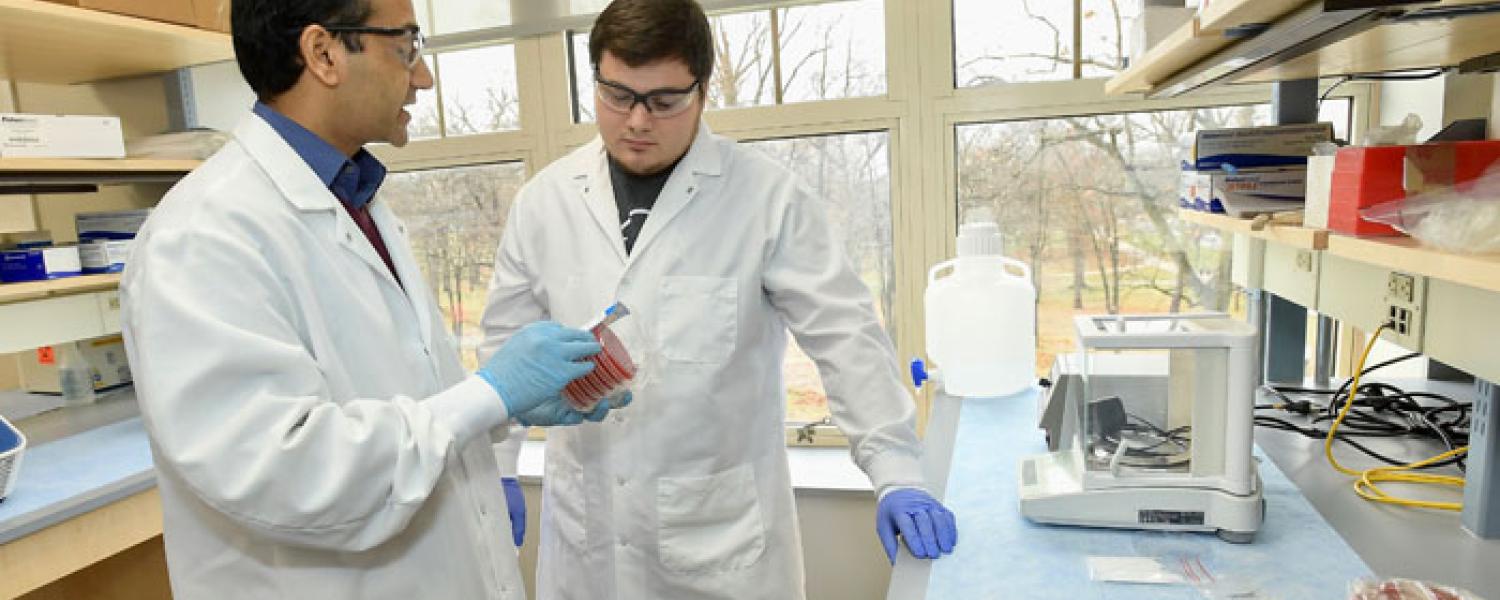
Join the next generation of the public health workforce with 黑料网's Public Health program. Earn a B.S.P.H., minor or certificate and gain the skills and knowledge to improve population health and make a difference in people's lives. Enroll now in-person or and make an impact in the world of public health.



